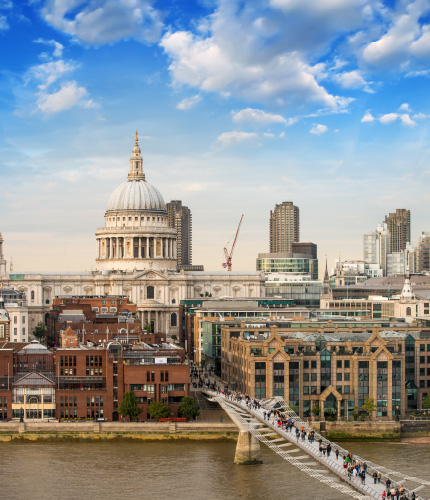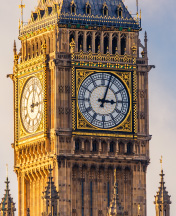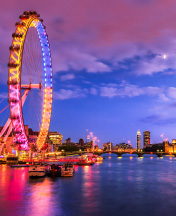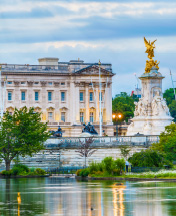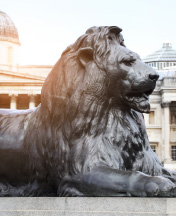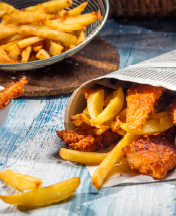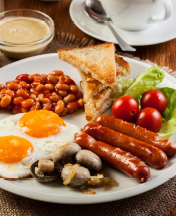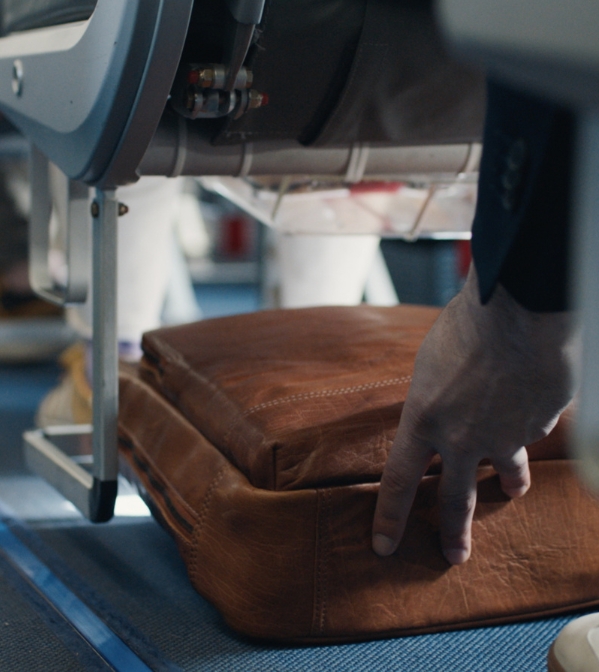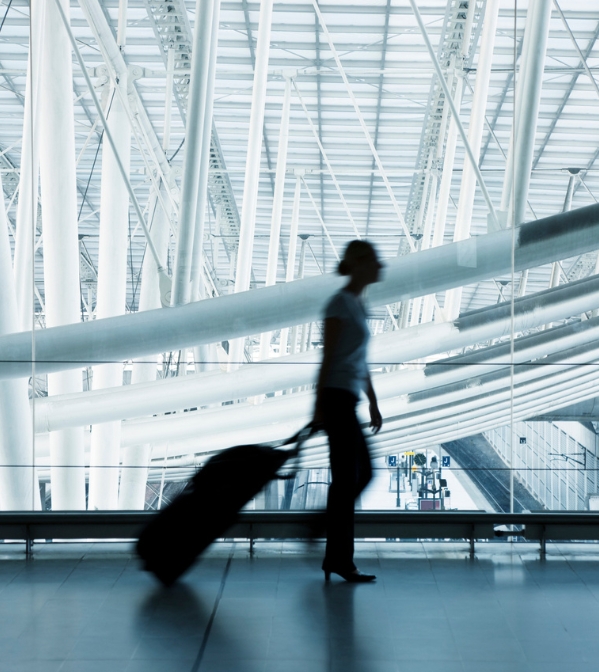The city of London was founded by the Romans and their rule extended from 43 AD to the fifth century AD, when the Empire fell. In 60 AD, the Celtic queen Boudicca led an army to plunder the city, which was burned to the ground in the first of many fires that ravaged London. The city was soon rebuilt, but burned down again around 125 AD, yet it managed to regenerate from its ashes. The fate of the city began to change in 1065, when Westminster Abbey was founded. A year later, after his victory at the Battle of Hastings, William the Conqueror was crowned King of England and the Tower of London was built during his reign. London went through many diseases, including the Great Plague of 1665 and the cholera outbreak in 1840. In 1665, however, amidst the devastating plague, many notable buildings were constructed, including Buckingham Palace and St. Paul's Cathedral. In 1694 the Bank of England was founded and ruled by John Houblon, who helped transform London into an international financial powerhouse. During the reign of Queen Victoria, London was established as the famous seat of the vast British Empire, while Big Ben rose above the city in 1859 and the London Underground opened in 1863. London's suffering continued into World War I and World War II, where the city was mercilessly bombed. In 1963, London was divided into 32 metropolitan municipalities, as it continues to be today. In its modern history, London hosted the 2012 Olympics and celebrated Queen Elizabeth II's Diamond Jubilee.
